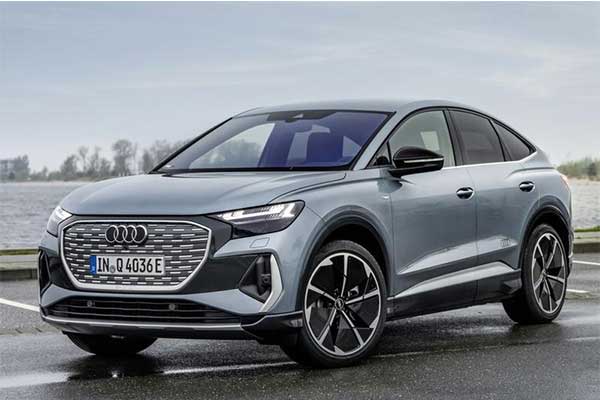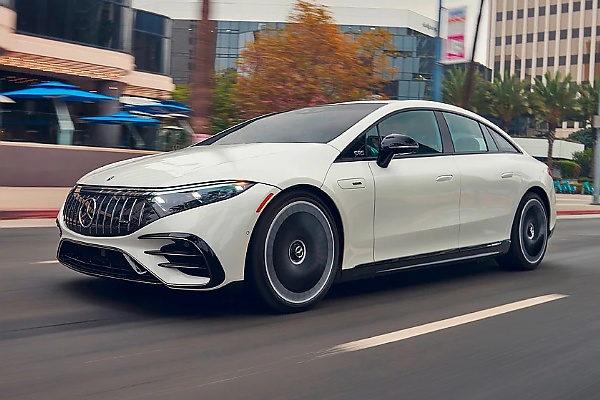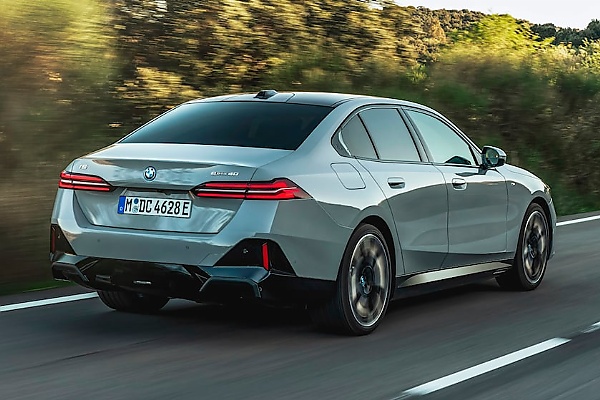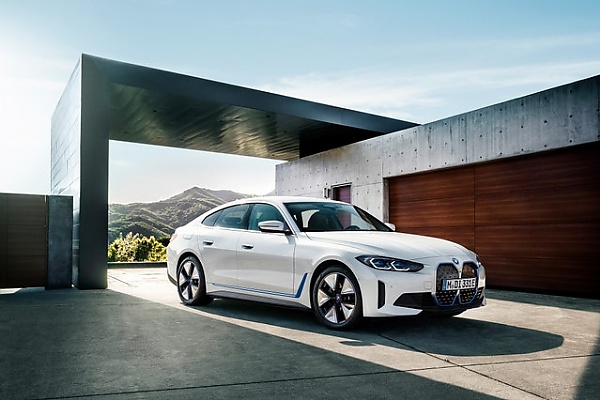Despite ongoing criticism about the design of contemporary BMWs, the Munich-based brand continues to thrive. In 2023, BMW reaffirmed its status as the leading premium brand by selling a total of 2,554,183 cars, surpassing competitors even beyond the renowned ‘German three.’
While brands like Lexus perform strongly in North America, their global registrations of 824,258 fall significantly short of BMW, Audi, and Mercedes-Benz.
These figures encompass the entire group, including subsidiary brands. For BMW, this includes Rolls-Royce and Mini, while Mercedes incorporates Smart, and Audi includes Bentley and Lamborghini. Despite the luxury appeal of these brands, their contribution to the total sales figures is relatively modest.

BMW notably benefits from its sister brands, yet it still outsells its competitors at the brand level. Specifically focusing on cars bearing the blue-white BMW logo, the brand sold 2,252,793 units in 2023.
It’s worth noting that these statistics solely pertain to passenger cars, excluding Mercedes’ trucks and vans, BMW’s motorcycles, and Audi subsidiary Ducati’s engines.
| 2023 | Total sales | Number of EVs | Share EVs |
| BMW | 2,554,183 | 376,183 | 14.7% |
| Mercedes | 2,044,100 | 240,600 | 11.8% |
| Audi | 1,942,584 | 178,429 | 9.2% |
BMW notably stands out in terms of both the absolute and relative number of electric vehicles (EVs) sold. With 376,183 units sold, 14.7 percent of BMW’s four-wheelers are now fully electric. While impressive, this figure is dwarfed by Tesla’s 1.81 million EVs sold in the same year.

Moreover, BMW leads in the number of electric models, partly attributable to its naming conventions. For instance, BMW considers the iX2 as a distinct model alongside the iX1.
In contrast, Audi’s flattened Q4 e-tron is simply termed the ‘Q4 Sportback’. Viewing these as one model, Audi boasts four EVs: the Q4 e-tron, Q8 e-tron, E-Tron GT, and the recently introduced Q6 e-tron.
Mercedes similarly counts the EQA and EQB as separate models, while the EQE and EQE SUV share a name but are considered distinct due to their differing designs. BMW’s lineup includes the i4, i5 (including the Touring variant), i7, iX, iX1, iX2, and iX3, totaling seven models.

Despite BMW’s significant presence in the EV market, CEO Oliver Zipse advocates for a closer examination of the EU’s forthcoming stringent CO2 standards. Zipse stresses that offering EVs is one thing, but achieving substantial EV sales is another matter altogether.

